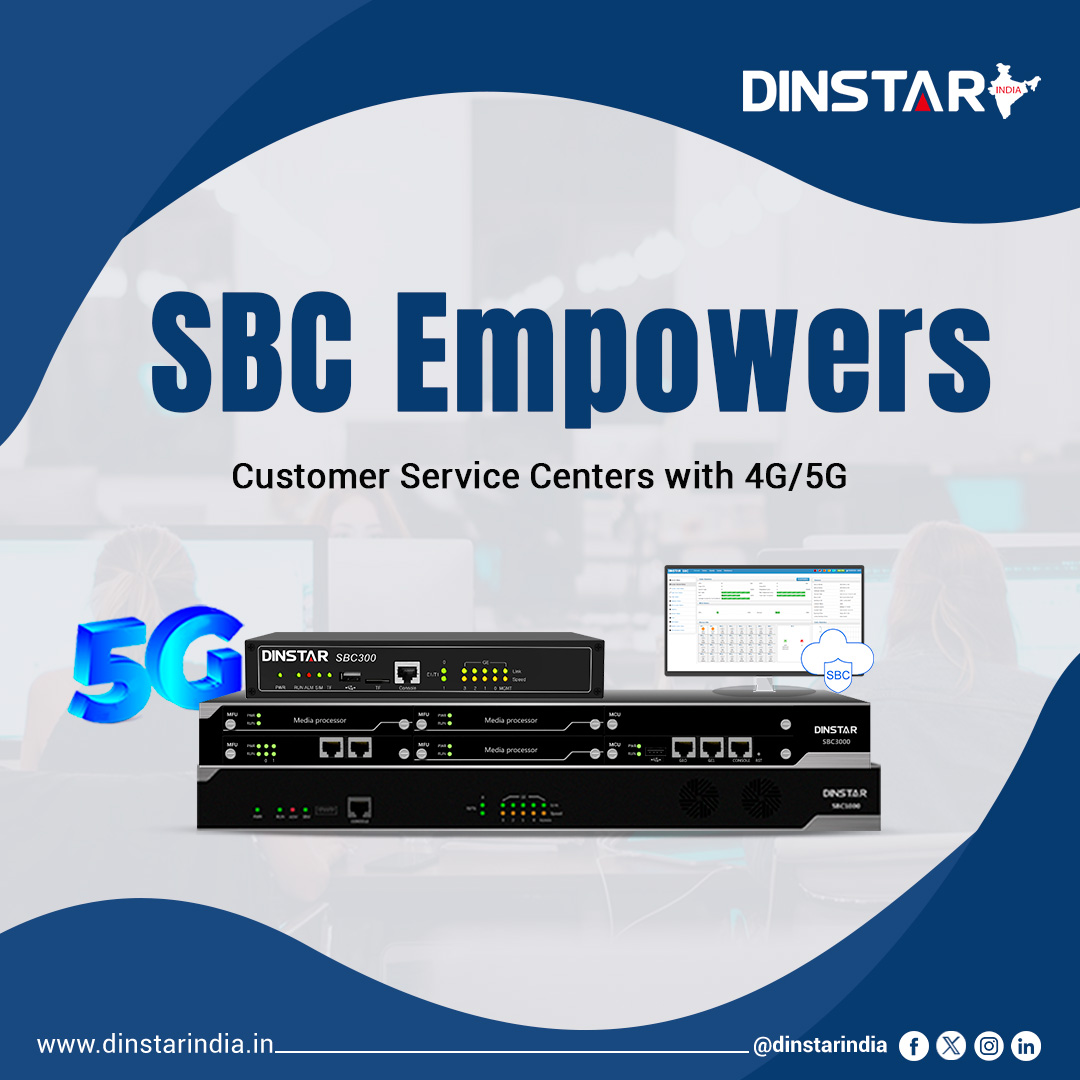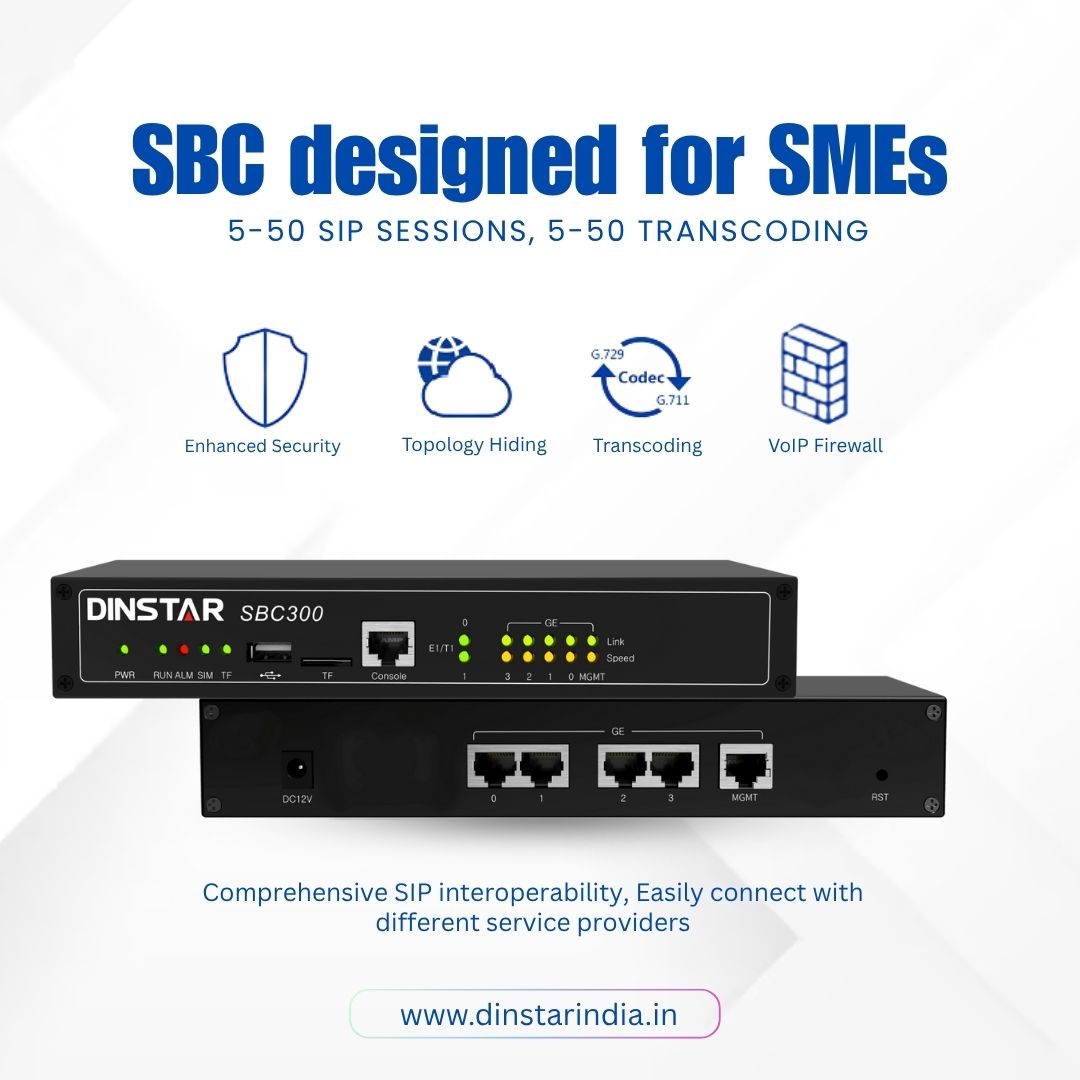Session Border Controller (SBC): The Key to Secure and Reliable VoIP Communication

Strong 8k brings an ultra-HD IPTV experience to your living room and your pocket.
With the increasing adoption of Voice over Internet Protocol (VoIP) technology, businesses and service providers face significant challenges in securing and managing their voice traffic. One of the most crucial components in ensuring secure and high-quality VoIP communication is the Session Border Controller (SBC). Whether you are a telecom operator, an enterprise, or a VoIP service provider, deploying an SBC can enhance network security, optimize call performance, and ensure regulatory compliance.
In this blog, we will explore what an SBC is, why it is essential, and how it strengthens VoIP security. We will also discuss how businesses can choose the right SBC provider and the role of a Service Border Controller in modern communication networks.
What is a Session Border Controller (SBC)?
A Session Border Controller (SBC) is a network element that sits at the border of a VoIP network to regulate and secure real-time communications such as voice and video calls. It acts as a gatekeeper, controlling the flow of data between different networks, ensuring seamless interoperability, and protecting against potential security threats.
Key Functions of an SBC:
Security Enhancement: Protects VoIP networks from threats like DoS (Denial of Service) attacks, eavesdropping, and fraud.
- Interoperability: Ensures smooth communication between different VoIP protocols and networks
- Traffic Management: Balances call loads and prevents network congestion.
- Quality of Service (QoS) Optimization: Maintains high call quality by managing bandwidth and prioritizing real-time traffic.
- Compliance and Policy Enforcement: Helps businesses adhere to industry regulations and policies.
Why is an SBC Important for VoIP Security?
1. Protection Against Cyber Threats
VoIP networks are vulnerable to hacking, call interception, and fraudulent activities. SBC VoIP Security mechanisms include encryption, deep packet inspection, and intrusion detection to safeguard voice traffic. An SBC can detect and mitigate cyberattacks before they impact the network, ensuring secure communication.
2. Ensuring Reliable Call Quality
Without proper traffic management, VoIP calls can suffer from latency, jitter, and packet loss. SBCs ensure that voice traffic is prioritized over other data, resulting in crystal-clear conversations and minimal disruptions.
3. Secure Network Connectivity
An SBC acts as a Service Border Controller, managing communication between different networks, such as SIP trunks and private VoIP networks. It securely connects internal enterprise networks to external providers while filtering and authenticating incoming traffic.
4. Compliance with Industry Regulations
Many industries, such as finance and healthcare, have strict compliance requirements for data security and privacy. An SBC helps organizations comply with regulations like GDPR, HIPAA, and PCI-DSS by securing voice data and ensuring encryption.
Types of SBCs: Hardware vs. Software SBC
SBCs can be deployed as hardware appliances or software-based solutions:
1. Hardware SBC
- A dedicated physical device placed at the network edge.
- Offers high performance and robust security features.
- Ideal for telecom operators and large enterprises.
2. Software SBC
- Virtualized solution deployed on cloud or on-premises servers.
- Provides flexibility and scalability for growing businesses.
- Suitable for VoIP providers and cloud-based communications.
How to Choose the Right SBC Provider?
Selecting the best SBC provider depends on factors like network requirements, security needs, and budget. Here are some key considerations:
1. Security Features
Ensure the SBC provider offers comprehensive security mechanisms, including encryption, firewall capabilities, and threat detection.
2. Scalability
A good SBC should be able to handle increasing call volumes as your business grows. Cloud-based solutions are ideal for scalability.
3. Interoperability
Choose an SBC that supports multiple VoIP protocols and integrates seamlessly with existing infrastructure.
4. Quality of Service (QoS) Support
Look for features like call admission control and bandwidth management to ensure high-quality calls.
5. Compliance and Reliability
Make sure the SBC provider follows industry standards and offers high availability and redundancy features.
Future of SBCs in VoIP and Unified Communications
As businesses increasingly adopt cloud-based communication platforms, the role of SBCs is evolving. Modern SBCs support Unified Communications (UC) by integrating with platforms like Microsoft Teams, Zoom, and Cisco Webex. AI-powered analytics and automation are also enhancing SBC capabilities for better threat detection and performance optimization.
Conclusion
A Session Border Controller is a critical component for securing and optimizing VoIP communication. Whether you are an enterprise or a telecom provider, deploying an SBC enhances SBC VoIP Security, ensures interoperability, and maintains call quality. Choosing the right SBC provider can help businesses build a robust and scalable VoIP infrastructure while meeting regulatory requirements.
Note: IndiBlogHub features both user-submitted and editorial content. We do not verify third-party contributions. Read our Disclaimer and Privacy Policyfor details.







